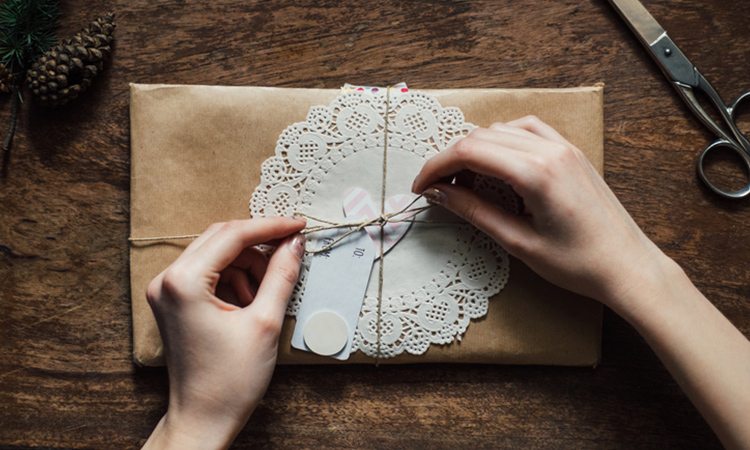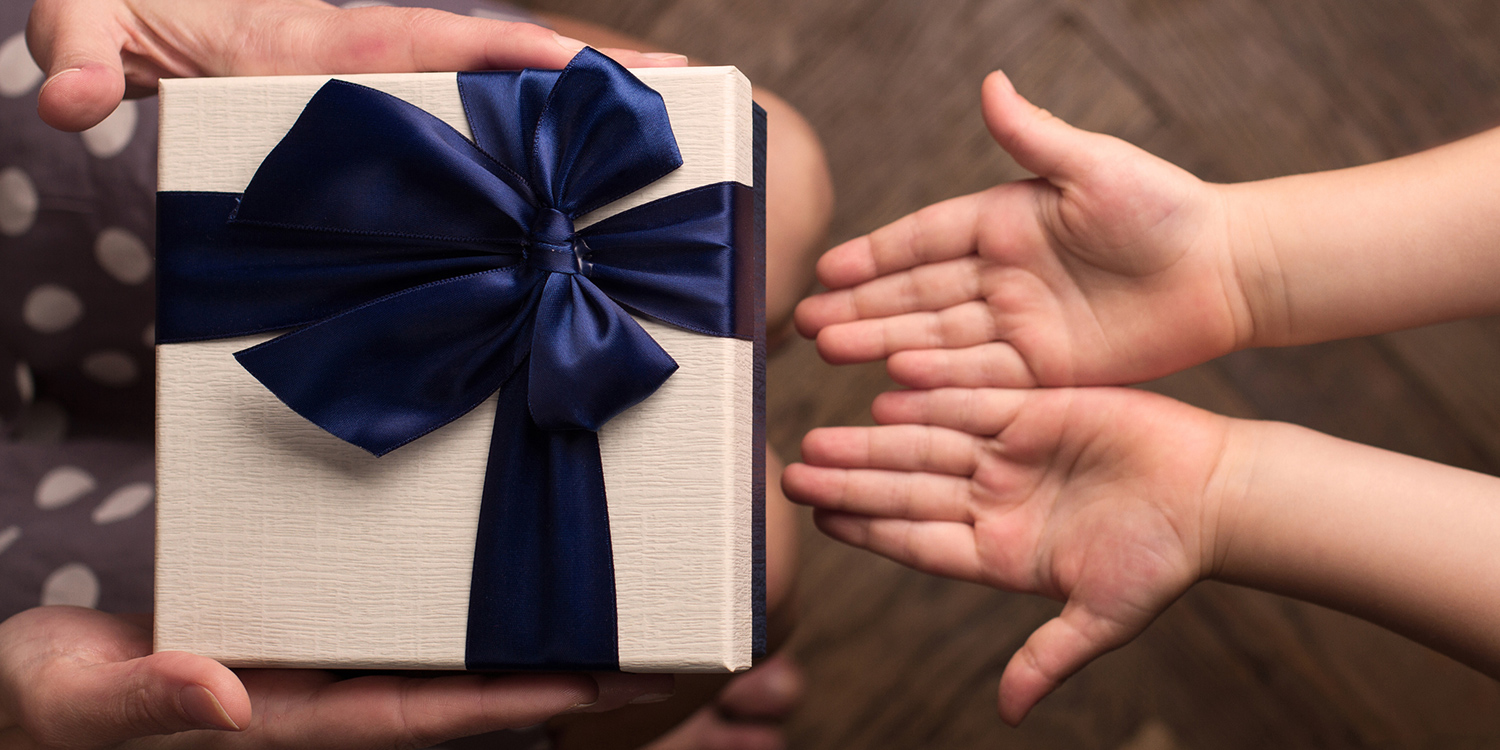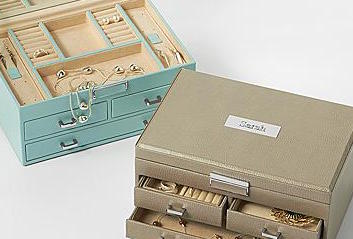Although regifting was at one time the joke behind many sitcom plots, it is becoming an acceptable option for countering things like overspending and environmental waste. It can also declutter your home and give a second life to a perfectly good gift. Just because you can’t wear the color red doesn’t mean that sweater should go in the giveaway pile, especially if that same sweater would look dashing on your cousin. It’s a way of showing thoughtfulness—the same as any gift.
In fact, the concept has become so popular that the third Thursday of December is officially known as Regifting Day.

However, before you go rummaging through your closet for that unused salad bowl from your Great Aunt Hilda, you’ll want to make sure you know the do’s and don’ts of regifting. If you’re not careful, you could end up hurting someone’s feelings. On the other hand, if you regift with thoughtfulness, you could end up making someone’s day.
Regifting Do’s
Regifting may be frowned upon by some but there is nothing wrong with giving your gift a good home if you don’t find it useful. Follow these simple rules:
Tailor the gift appropriately
Gift giving should be an expression of thoughtfulness, not a way to pawn off unwanted gifts on unsuspecting friends or family members. This means you want to pair your regift with the recipient’s interests in order to make sure it is a sincere gift that comes from the heart. Since you’re not spending any cash on the gift, the thought behind it is even more important.
Gift whenever you’d like
The best part about regifting is that you don’t have to wait for the holidays or a birthday. If you’ve kept the receiver in mind when regifting, a “just because” gift will be a pleasant surprise. In fact, it’s a good idea to regift sooner than later. Popular clothing styles and music can quickly go out of fashion, and regifting becomes a lot harder when it’s clear that your regift was bought sometime last year or the year before that.
Gift only brand-new items
Make sure the gift is in original, unopened packaging. If you’ve opened it, played with it, and/or tossed out the instructions, you should forgo regifting. It’ll be apparent that you are pawning off your discarded items rather than truly considering the receiver. If the gift is still is used, but good condition, a better option is to donate it to charity. Other options include organizations like Toys for Tots, which collects brand new gifts for those less fortunate.

Disclose the regift to loved ones
Generally speaking, regifting is more socially acceptable when the recipient is an acquaintance rather than a close friend. An undisclosed regift can hurt someone’s feelings if they find out later. So when it comes to your mom or your sister, it’s never worth putting your relationship at risk. It’s best to be upfront, and tell them the truth: the gift made you think of them and you knew they would love it.
Make it a lesson for your kids
Especially during the holidays or birthdays, kids can receive a surplus of toys. You can use this opportunity to talk to them about wastefulness and giving back. Talking to your kids about regifting teaches them about the principles of gifting, recycling, and charity. Perhaps they have a friend they know that would love the gift.
Gag gifts can be regifted
The one time it’s acceptable to pass on a gift in obviously bad taste is when it’s a gag gift. The wackier the better in this case! Make sure the receiver is in on the joke and will appreciate the humor.

Regifting Don’ts
Regifting should go smoothly and will be appreciated by the receiver. However, stay away from doing the following things:
Regift within the same social circle
This is when the famous sitcom scenarios comes into play. If you regift an item to someone who knows the person you first received the gift from, it’s possible either person could find out and get offended. Avoid this awkward situation by making sure the giver and recipient of your regift don’t run in the same social circles (bonus points if they live in another state).
It’s always a good idea to stick a post-it note to the gift before it goes in your closet so you don’t forget where it came from. The only exception to this rule is if you are honest with the giver and ask their permission in advance. You could say something like, “This isn’t my style, but I know someone who would really love it.”
Use the same wrapping paper
A gift with your name on the nametag is a dead giveaway that it is a regift. Unless you’re willing to thoroughly inspect the gift with the keen eye of a crime scene investigator, you’re better off re-wrapping the gift entirely to save yourself the embarrassment of getting busted. Since you didn’t have to spend any money on the gift, you can splurge on new wrapping paper and a thoughtful card that will really make your gift shine.
Regift just to get rid of something
The idea behind gift-giving is intention and thoughtfulness, not decluttering. While this may be a beneficial aspect of regifting, it shouldn’t be the motivating factor behind your gift. It will be transparent and you could end up hurting someone’s feelings. You can always save a mismatched gift for a White Elephant party.

Re-gift meaningful gifts or gifts from meaningful people
If the original giver took great care in selecting the item or if the item is handmade, you should hang on to it. This is especially true when it comes to family heirlooms. Even if you never end up using your grandmother’s china or handsewn quilt, future generations may have a different opinion of its importance. You may even change your mind down the line, so don’t regift meaningful items that can’t be replaced.
Take any chances
As mentioned, many charities would be happy to accept your regift, so it’s not worth getting busted by your family and friends if there’s any chance the regift will come back to haunt you.
It can be hard to pick out a gift that someone is sure to like (or doesn’t already own), but you can avoid putting others in the position of regifting by doing your homework before heading to the store. A gift receipt never hurts, either. A personalized gift is a thoughtful way to give a meaningful gift that won’t be regifted. Customized and monogrammed or engraved gifts are sure to be appreciated by the person you intended them for.






